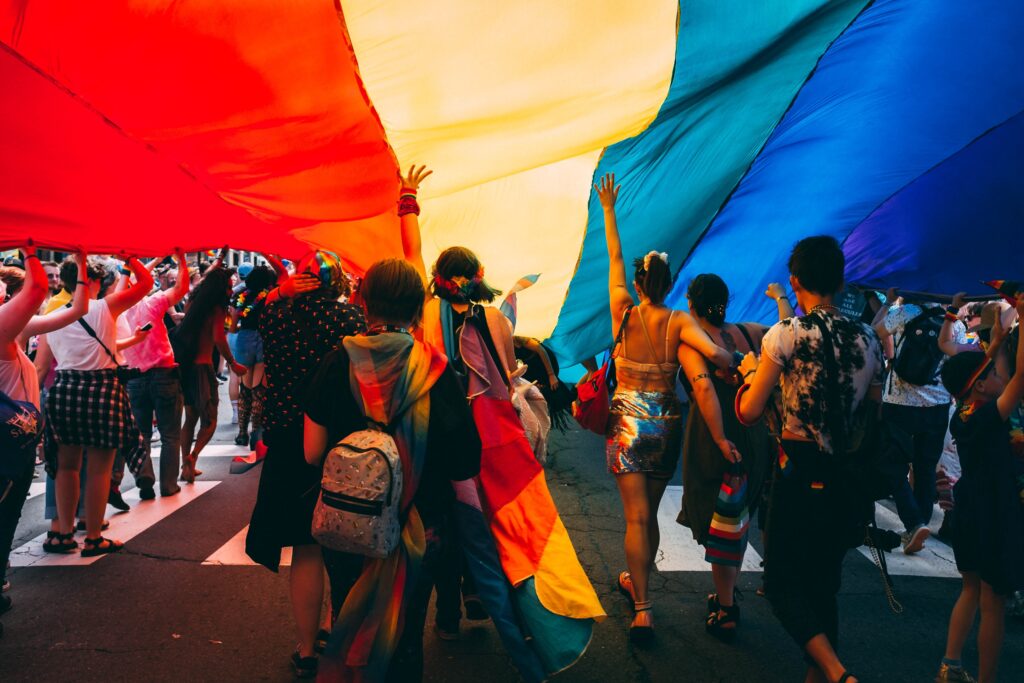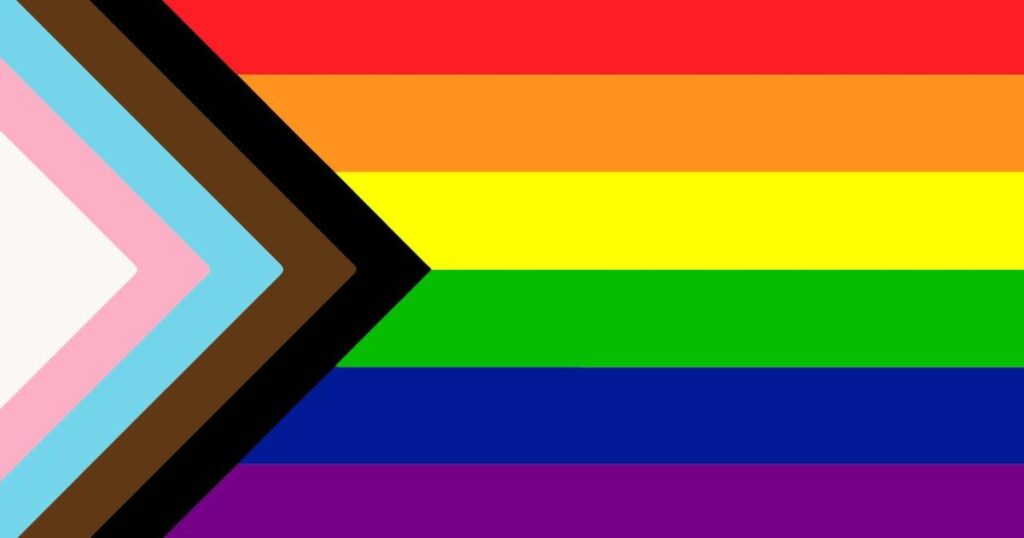by Patrick Hall
So Pride month is now at an end and, frankly, I feel rather sad that it’s passed so quickly and that I didn’t really get to do anything to celebrate it. My work’s Pride quiz was postponed, I couldn’t attend any Pride marches and I spent most of the month either working or sorting out my house move. Having said that, the end of Pride month has always felt like a shame, especially when you see all of the flags disappear and all of the social media posts about LGBTQ+ issues vanish. And to top it off, violence against LGBTQ+ people in the UK and beyond has seen yet another surge. Fighting for acceptance as an LGBTQ+ person is a constant battle that takes work through every calendar month. I often wonder why all of these flashy corporate initiatives only last through June.

I’m very grateful for the help and support that I have received in my life and for the changes that have happened in the past few decades. But being an LGBTQ+ creative is still tough and it was particularly difficult for me when I was growing up. Being unsure of who you are and where you fit in the world, yet having to practise and perform in a world that is very sociable, is difficult. Knowing I was different and being mocked by people who suspected it certainly diminished my confidence. Going to music rehearsals, performing in front of others or auditioning for a main role in a theatre production was a daunting task; whereas now it would just be ‘experience’.What was hard was not having any role models or fellow artists that I knew were part of the LGBTQ+ community. Worse than that was not seeing myself in any of the novels or poems I read.
I confess that there were characters or interlocutors with similar personalities, but having realised that I was part of a group that wasn’t considered ‘normal’ by most of the people that I went to school with, it was tough not seeing or reading about or meeting people that fitted into that group. Of course, I have a lot of difficulties with the term ‘normal’ and 100% dispute that being queer would make you ‘not normal’, but I just wanted to know that people were in the same boat as me. I loved the arts growing up and still do. Reading novels, playing cello and doing theatre kept me going. I guess it just would have been nice to express myself a bit more easily and I optimistically hope that it is becoming easier for people growing up now.

Later on, I started to see signs of improvement. When I was studying literature at University, we were usually able to talk about LGBTQ+ issues openly and how they came up in the texts that we were studying. Every time I had a conversation about an author or a character that wasn’t straight or cis-gender with a tutor/ lecturer, it felt like we were exploring the issue senitively and open-mindely, without pigeon-holing anyone. Outlets such as publishing houses and radio stations have started to acknowledge LGBTQ+ artists and promote their works while mentioning how they identify.
Yet, there’s still a lot of opposition to these initiatives from people who claim their rights as non-LGBTQ+ are being threatened and that they’re being subjected to something that they don’t care about. It’s like they have to hide in a corner until Pride month is over and then everything is suddenly back to ‘normal’ for them. But I struggle to understand this. Pride isn’t about making people feel guilty for who they are or indoctrinating people, it’s about creating awareness of the problems that some people face and allowing those people to feel like they belong. While not important for some, it’s life-changing for others.
Of course I haven’t written this article to oppose Pride month as a calendar month. It’s great to have a month dedicated to LBGTQ+ people and I love seeing all of the events and creativity happen. However, whatever your workplace is doing to include LBGTQ+ people or whatever your favourite radio station is doing to promote queer artists, I think it needs to happen all year round. And conversations need to happen all year round as well. Creative fields are difficult to work in as people in them often feel under immense pressure to be confident and adhere to what other people think. The stresses of the pandemic have only made this worse. So why don’t we help our LGBTQ+ creatives to thrive, check in on them and appreciate what they do, because they may very well be struggling too?
Return to News & Features…
